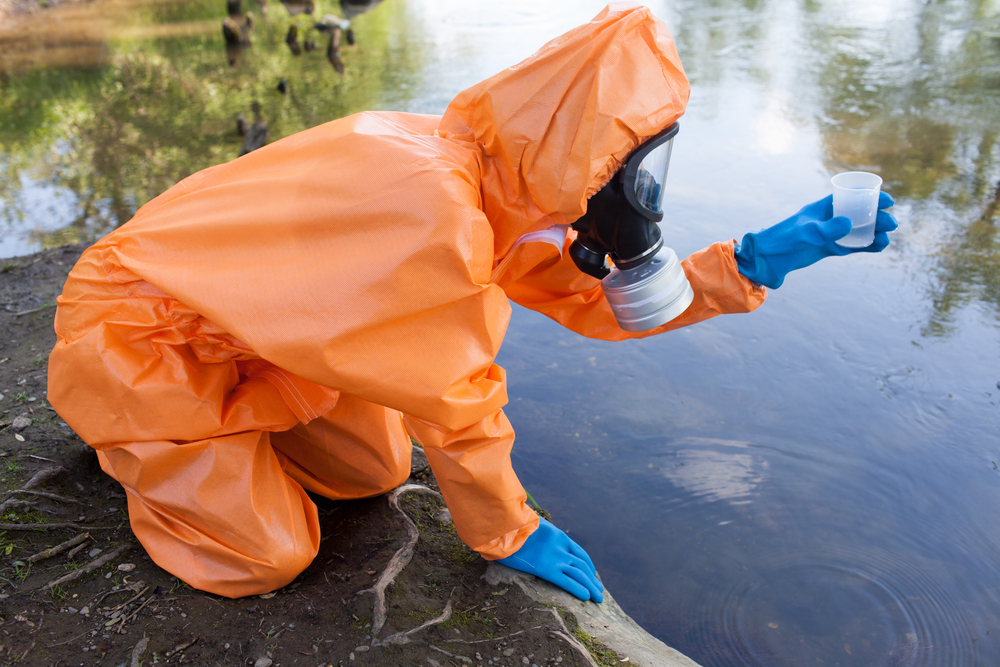The Japanese government is campaigning to win support for a plan to pump more than a million tons of radioactive water from the Fukushima nuclear power plant into the Pacific Ocean.
Although the government has not formally announced the plan, it has become increasingly clear that it intends to go ahead with a step that will cause anger and anxiety both in Japan and among the country’s east Asian neighbors.
Tokyo Electric has collected nearly 1.3 million tons of contaminated water from cooling pipes used to keep fuel cores from melting since the plant was destroyed in 2011 by the earthquake and tsunami that hit eastern Japan.
RELATED STORY:
The water contains 62 radioactive elements and is being kept in huge tanks on the site of the disabled power plant. However, Tokyo Electric stated it would run out of room to store the water by 2022.
After looking at other proposals, a group of experts working for Japan’s economy and industry ministry determined that releasing the water run into the sea was the best option. The only other viable option considered was to let the water evaporate.
Tokyo Electric said the water has been treated and indicated all radioactive particles had been removed to levels not harmful to humans, except for tritium, which is an isotope of hydrogen that is more difficult to separate from water.
RELATED STORY:
In their proposal last week, the ministry said the controlled release to the sea is preferred because its route is predictable and easier to sample and monitor.
The committee, pointing to common practice around the world where nuclear power stations operating under normal conditions routinely release water containing tritium into the sea, said:
“Compared to evaporation, ocean release can be done more securely.”
The decision comes ahead of Japan’s hosting of the 2020 Olympic Games, with some events set to take place less than 40 miles from the Fukushima site.
Residents and fishermen also fear health effects from releasing the radioactive water as well as damage to the region’s farm industries and image.
South Korean athletes are planning to bring their own radiation detectors and food to the Games, and the country has retained a ban on imports of seafood from the region near Fukushima. They also called upon a senior Japanese embassy official last year to explain how the country would deal with the contaminated Fukushima water.
RELATED STORY:
According to experts, there is no accepted method to separate tritium from water entirely, but it is not a problem in small amounts. Government officials also state that tritium is released regularly from existing nuclear power plants around the world.
The proposal recognizes the water releases would harm industries that, despite safety checks, still face reluctant consumers. It promised to reinforce the monitoring of tritium levels and food safety checks to address safety concerns.












